
Bawku (UE) Sept. 26, GNA - Stakeholders in the Bawku area on Thursday met to draw an action plan to end Child-Marriage and encourage girl child education in the area.
The plan which was jointly drawn by Chiefs, Queen mothers, Women groups, school girls and Assembly members from the area would mandate and direct institutions such as the National Commission for Civic Education (NCCE), the Social Welfare and Community Development Departments, the Media, Non-governmental Organizations and Unit committees to educate the people on the need to find lasting rules to combat child marriage in the area.
The plan is focused at strategizing educational platforms to educate stakeholders such as parents, the traditional authority, girls and society among others on the need to end child marriage in society and allow the girls develop their full potentials.
The Plan has also strategized the educational messages, indicators, time, resources and its implementation so as to ensure its sustainability, since the issue for many years has been a threat to development of girls in the area.
Mr James Daare Saaka focal person for the concept at the Bawku Municipal Assembly under the United Nations Population Fund (UNFPA) noted that the Assembly as a stakeholder had a duty to ensure that children were protected in order to reach their full potentials.
Mr Saaka said executing the plan would make the stakeholders concerned on the issue understand the need to stop forced and early marriages in the communities.
He explained that the plan would spell out the roles of the various stakeholders in eradicating the menace in society.
He called on the various bodies to execute the plan with the necessary efforts to help protect the future of young girls because women were development partners in society.
Mr Pontius Pilate Ampaabey, Upper East Regional Director for NCCE noted that child-marriage put girls into a circle of poverty, gender inequality and a high risk of dying from pregnancy related complications and child birth.
Mr Ampaaby said education which is necessary to the development of the girl-child truncates when they are given out to marriage at that tender age, adding that victims become burdens and liabilities to their families and society.
Mr Ampaabey mentioned that despite the fact that Ghana was the first country in Africa to rectify the United Nations convention on the rights of the child, not much was done to arrest the phenomenon and called for the abolishing of traditional practices prejudicial to the health of children. “Ghana is one of the countries in the world with the highest incidences of child-marriage prevalence” he added.
He indicated that nationally, 25 percent of females between the ages of 20 and 25 years were given out in marriage before they turned 18 years, and said according to statistics from the United Nations Initiative for Children Education Fund (UNICEF) 2011 Multiple Indicator Cluster Survey (MICS), the Upper East Region has a child marriage prevalence of 50 percent which is the highest in the country including the Bawku Municipality.
Mr Ampaaby reminded the stakeholders of the children’s act enshrined in the constitution of Ghana which protects the rights of children and said any person found culpable of the laws would be dealt with accordingly.
GNA
Read Full Story


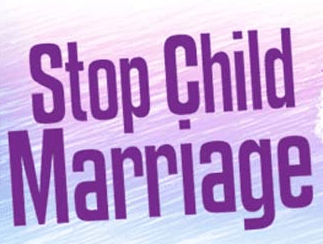
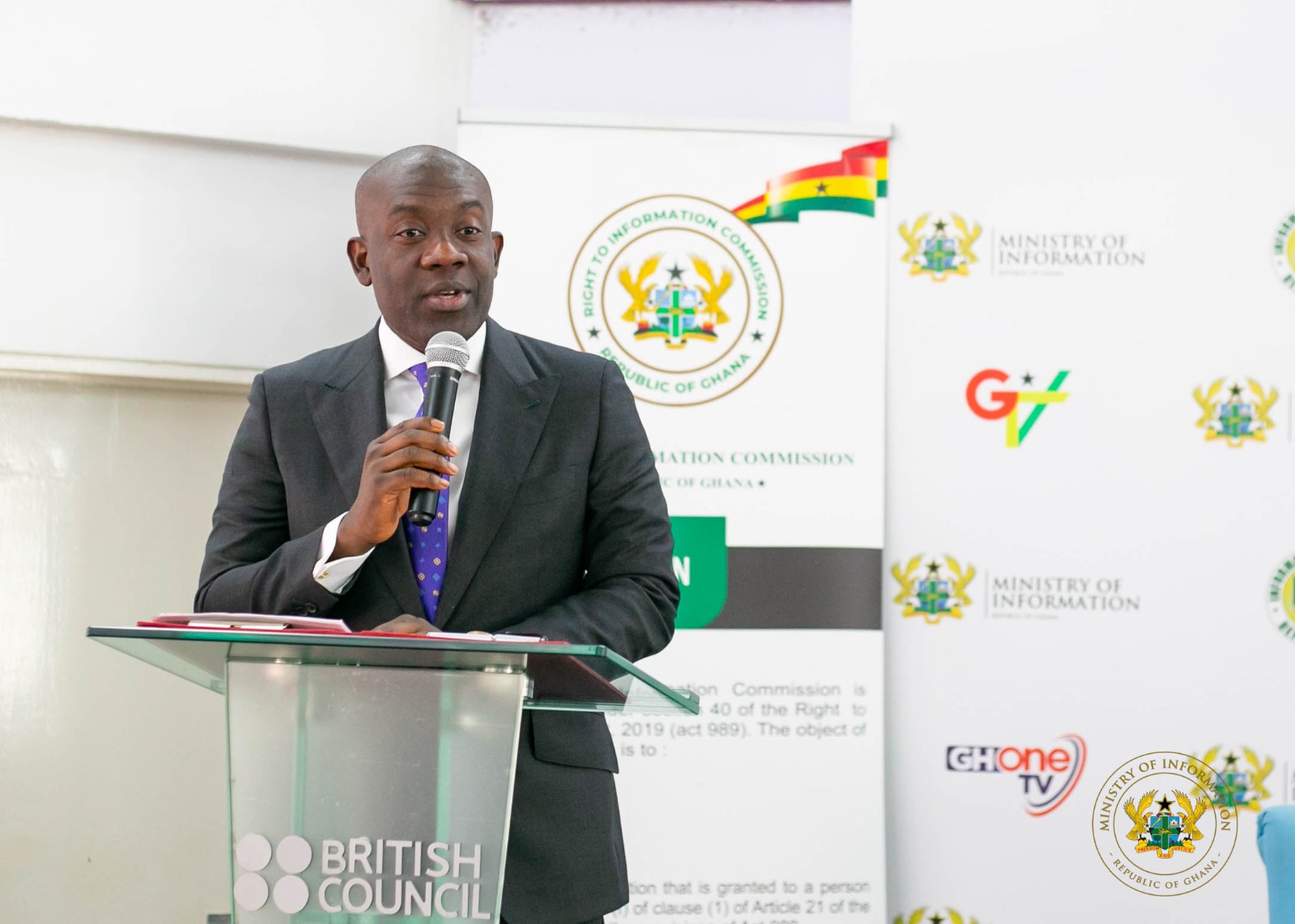


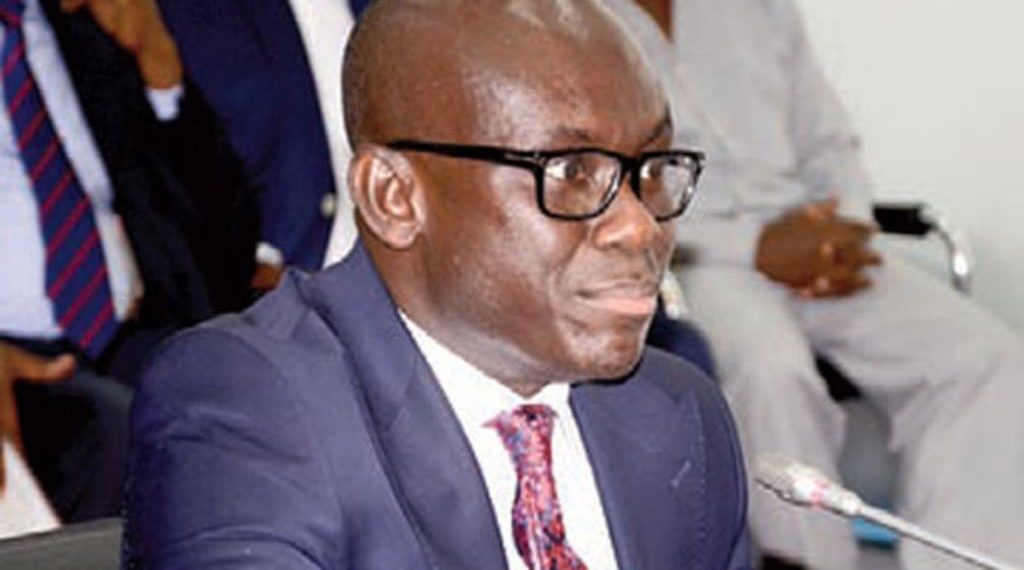




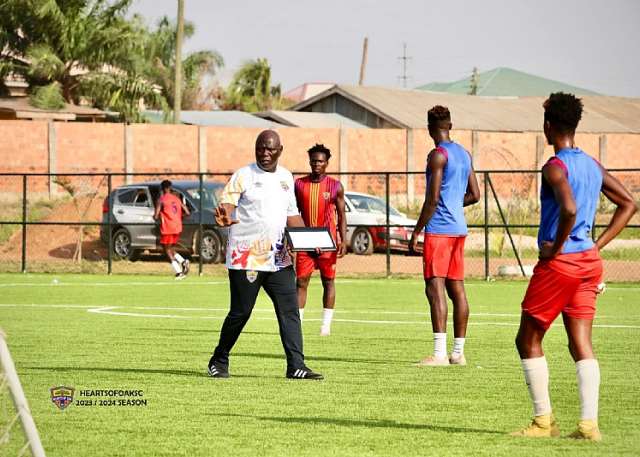


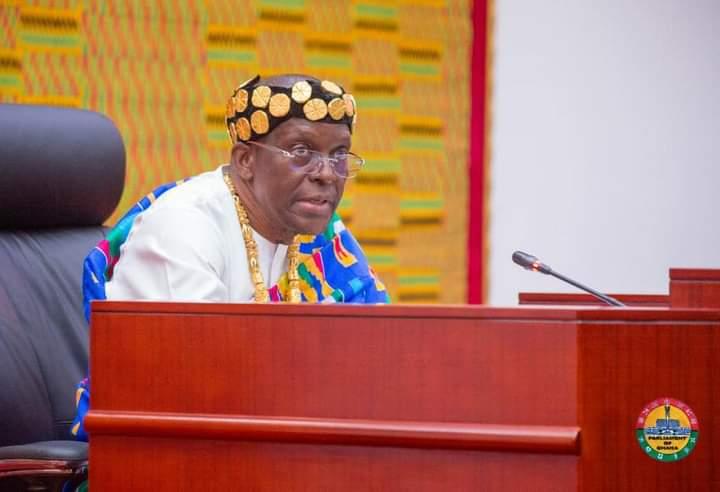
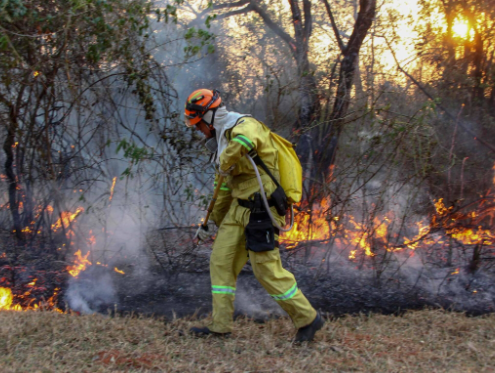

Facebook
Twitter
Pinterest
Instagram
Google+
YouTube
LinkedIn
RSS